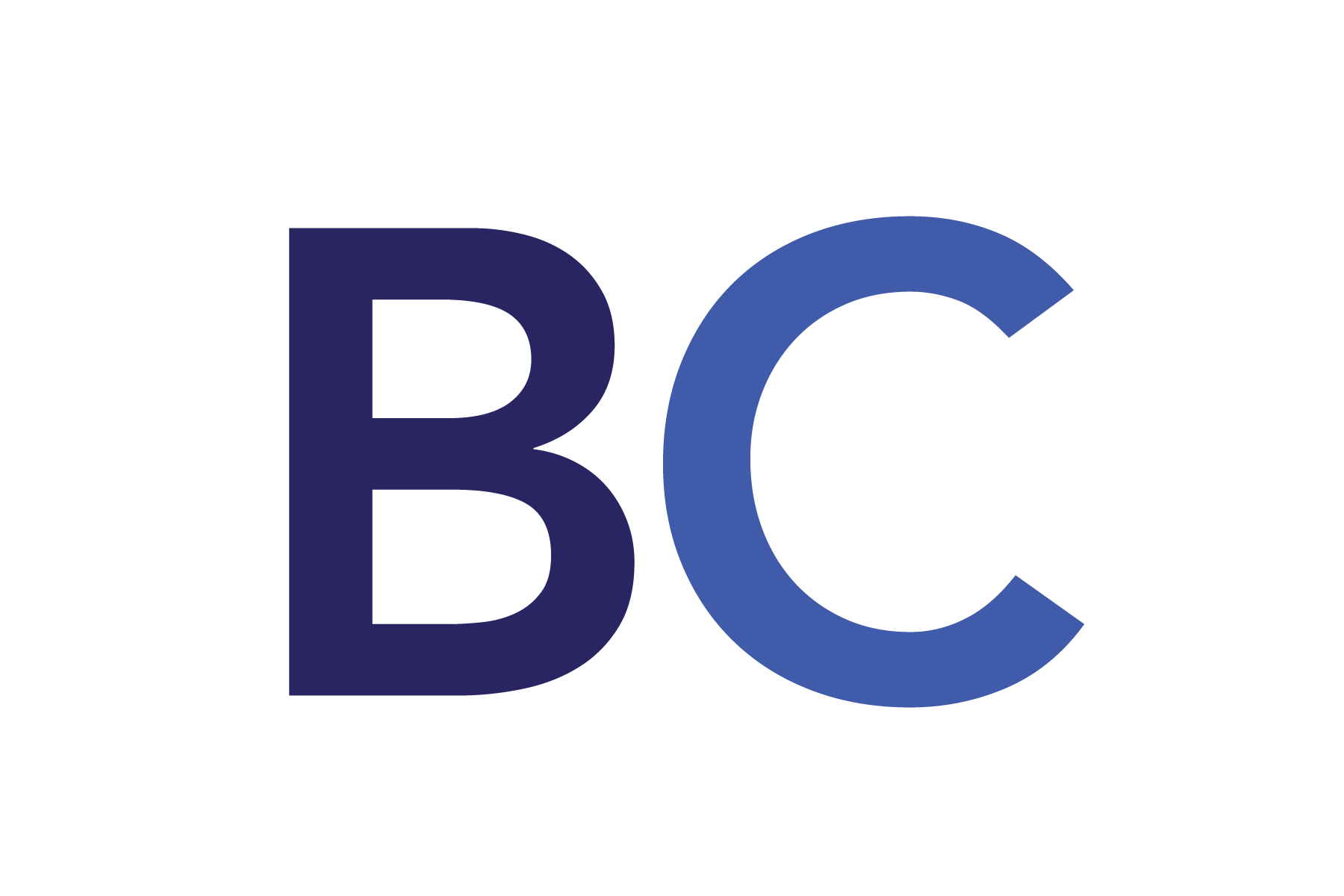A durable power of attorney for healthcare (DPA-HC) and an advance medical directive (also called an advance directive) both deal with medical decisions, but they differ in how they do so. A DPS-HC appoints a specific person (your health care agent) to make medical decisions on your behalf if you can’t make them yourself, while an advance directive provides written instructions about your medical care in specific circumstances.
Here’s a more detailed breakdown:
- Durable Power of Attorney for Healthcare (DPA-HC):
- Names a health care agent who can make medical decisions on your behalf.
- This agent can make decisions about treatments, surgeries, and end-of-life care, based on your known wishes and values.
- The agent is obligated to act in your best interest and according to your previously expressed preferences.
- The DPA-HC is typically triggered when you become incapacitated and unable to communicate or make decisions for yourself.
- Advance Medical Directive (or Advance Directive):
- Provides written instructions about your healthcare preferences, especially concerning life-sustaining treatments.
- These instructions may include choices about CPR, artificial nutrition, and other medical interventions.
- Advance directives are often used in conjunction with a DPA-HC, as they can provide guidance for the health care agent.
- Advance directives can include a living will, which outlines your preferences for specific medical treatments.
In essence:
- The DPA-HC focuses on appointing a decision-maker, while the advance directive focuses on providing specific instructions for medical care.
- Both are important tools for ensuring your wishes are respected when you are unable to make decisions yourself.
#HealthcarePlanning #AdvanceDirective #MedicalDecisionMaking #EstatePlanning



